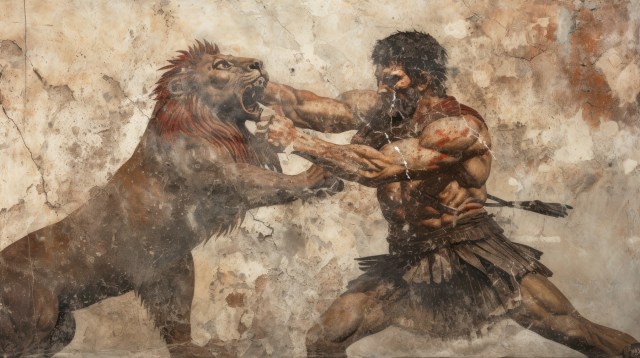Exploring the Symbolism and Meaning Behind Greek Mythology

Greek mythology encompasses a rich tapestry of ancient stories and legends that have enchanted audiences for ages. These timeless myths, handed down through the generations, offer more than mere entertainment; they are steeped in profound symbolism and meaning. In this article, we invite you to journey into the fascinating realm of Greek myths as we reveal their underlying messages and discover why they still capture the imagination of people today.
The Origins of Greek Mythology
Greek mythology originated in ancient Greece around 1200 BCE and was an integral part of their culture and religion. The myths were created by the Greeks to explain natural phenomena, human behavior, and the origins of the world. They believed that gods and goddesses ruled over different aspects of life and controlled events on Earth.
Symbolism in Greek Myths
One of the key features of Greek mythology is its rich symbolism. Each god or goddess represents specific aspects of human nature or natural forces. For example, Zeus, the king of gods, symbolizes power and authority, while Aphrodite represents love and beauty. These symbols serve as metaphors for deeper meanings within human experiences.
Moreover, many Greek myths use animals as symbols to convey certain qualities or traits. The cunning fox represents intelligence and trickery, while the wise owl symbolizes wisdom and insight. By using these symbols, Greek myths provide a framework for understanding complex ideas in a more relatable way.
Life Lessons from Greek Myths
Beyond their symbolic meanings, Greek myths also impart valuable life lessons that are still relevant today. These ancient stories often explore themes such as heroism, fate versus free will, loyalty, betrayal, love, loss, resilience, and the consequences of one’s actions.
For instance, the myth of Icarus warns against hubris by recounting how his excessive pride led to his downfall when he flew too close to the sun with wax wings he had crafted himself. This cautionary tale reminds us of the importance of humility and moderation in our pursuits.
The story of Persephone, who was abducted by Hades and forced to spend part of the year in the underworld, teaches us about the cycle of life and death, as well as the power of transformation and resilience. It reminds us that even in times of darkness, there is always hope for renewal and growth.
The Enduring Influence of Greek Mythology
Greek mythology continues to have a profound influence on modern culture, literature, art, and even marketing. Many brands incorporate Greek mythological figures into their logos or brand names to evoke certain qualities associated with these gods and goddesses.
Moreover, countless books, movies, plays, and TV shows draw inspiration from Greek myths. The enduring popularity of these stories is a testament to their timeless appeal and ability to resonate with audiences across different cultures and generations.
In conclusion, Greek mythology goes beyond being mere ancient tales; it holds deep symbolism and meaning that can still teach us valuable lessons today. By exploring the origins, symbolism, life lessons, and enduring influence of Greek myths, we gain a deeper appreciation for these captivating stories that continue to enchant people worldwide.
This text was generated using a large language model, and select text has been reviewed and moderated for purposes such as readability.





